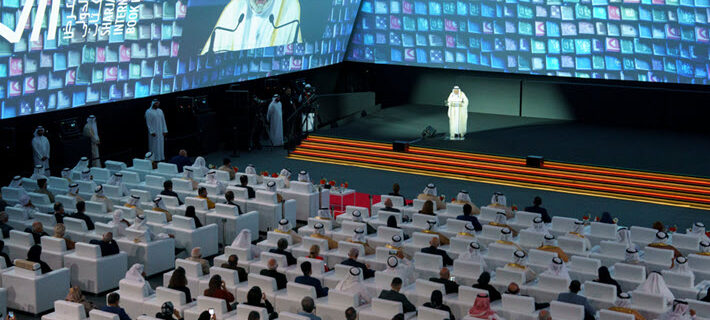The Carbon Footprint of Books: Rethinking Our Reading Habits
The environmental impact of books is a subject that is rarely discussed, yet it plays a crucial role in sustainability conversations. While reading is a fundamental aspect of human culture and intellectual development, the traditional production of books involves a series of processes that generate carbon emissions, use natural resources, and contribute to environmental degradation. …
Read more “The Carbon Footprint of Books: Rethinking Our Reading Habits”










